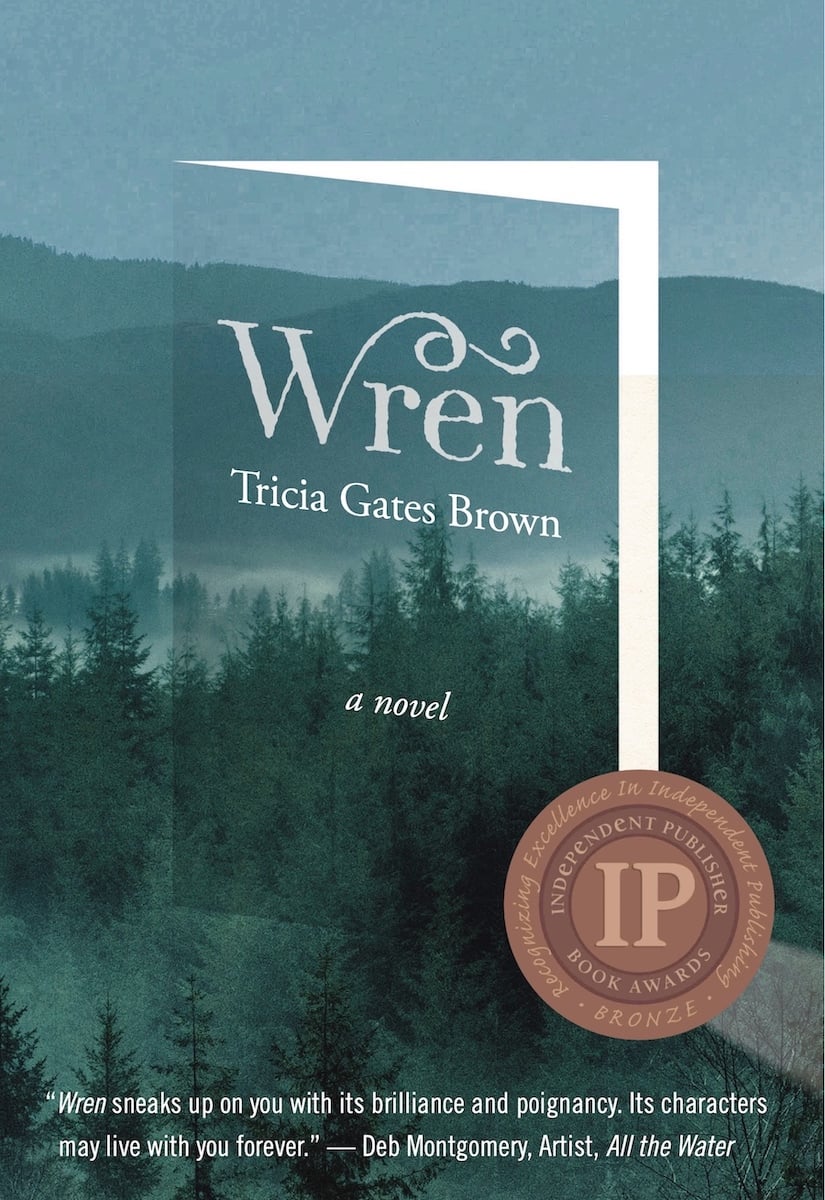
{See previous column “Reluctant Spokesperson {Part 1}” for this column’s set-up.}
Rarely do we stop to scrutinize how our actions have been shaped by the traditions we unconsciously participate in. Rarely do we ask why we flock en masse to see the latest Marvel action movie, why we so energetically follow sports seasons and favorite teams, or why we buy so many Christmas presents for our kids. In each case, we operate as adherents to the rules of dominant traditions—we just don’t identify as adherents. We don’t understand the sway the traditions’ unifying narratives have over our lives, let alone their global impact. There is nothing inherently wrong with watching violence-saves-the-day superhero films, or sports, or buying Christmas presents—don’t get me wrong—but there can be problems with the unconscious ways we engage in these activities, not realizing how they become our guiding narratives, shaping our values and forming us into certain kinds of people we might just as well not be. (For example, with regard to Christmas spending, people with enormous credit card debt.) Without awareness of the mega-narratives dictating our actions, we can follow unhealthy traditions that lead us around by invisible tethers.
Again, each of us has a tradition shaping our lives, usually more than one—and in every case, these traditions are comprised of sweeping narratives. Sometimes they are curated by those in power who want our political compliance or brand loyalty. These stories lending meaning and explanation to our lives often burble away below the surface of consciousness, giving us certain cues and judgments, guiding us to go here, do that: Call your mother; wax your car; buy the organic eggs instead of factory-farmed. Or on a decidedly sinister tack: hate Muslims; have an insatiable appetite for stuff; distrust people; protect what’s yours from thugs who want to take it all away. If we grew up in a modern Western culture (or a culture heavily influenced by the West), we may dislike the idea we are guided by cues from mega-narratives curated by others. This makes us feel like robots, our stories like code. Choiceless, aggressive, rote.
Yet even those of us aware on an intellectual level that mega-stories shape our lives, rarely take time to scrutinize them. Take the tradition of The Hardworking American. Election season is ramping up, and I expect those listening to the stump speeches and debates among candidates will hear versions of the Hardworking American narrative over and over again. It is part of the defining, unexamined tradition of Americanism. It’s the “pulled themselves up by their boot straps” narrative forming Americanism’s backbone; and it’s a key narrative by which almost every American has been shaped: If you work hard, you will be important, have what you need, and quite possibly “achieve your dreams.” Almost every political candidate uses this mega-story (often in telling tales of parents or grandparents) because, as part of the tradition of nearly every American, it allows candidates to form an instant bond with us. Essentially, the candidates want us to feel they are one of us, even if their social status is outside the reach of most Americans. Furthermore, they use the story because we care about The Hardworking American. We want people who work hard to have their and their families’ needs met, and to have enough free time and comfort to “live a good life,” to “achieve their dreams.” Almost all Americans are shaped by and ascribe to this tradition at a young age, when we are taught the tradition by school teachers, TV programs, and films. Even if the disingenuousness of the tradition later dawns on us, we viscerally want it to be true because it comprises the core of our unexamined value system. We choose not to question it.
How does one go about consciously choosing a tradition? Start with figuring out what your traditions already are. Once you know, you can decide if these are traditions you want to have shaping you. If so, begin a conversation with them—scrutinize them, deciding which parts of the traditions you admire and which you don’t. Recognize your tradition as an important meaning-making system and become a conversation partner with others in your tradition, because you will shape how it evolves. If you realize you are mostly shaped by traditions you don’t want to have shaping you, then choose a tradition you admire.
Most traditions are about action and values—not cognitive belief systems (no matter how the gatekeepers like to hold up their historic creeds; don’t be too distracted by them). It is our actions and value systems—what we find meaningful and important on a daily basis—that make us, not abstract ideas we say we “believe.” Worry less about whether you believe a tradition’s this or that. Instead of focusing on beliefs, ask of it: What kind of person is this tradition asking me to be? What kind of person would it be shaping me into? And, is that the kind of person I want to be?
Start there.


















